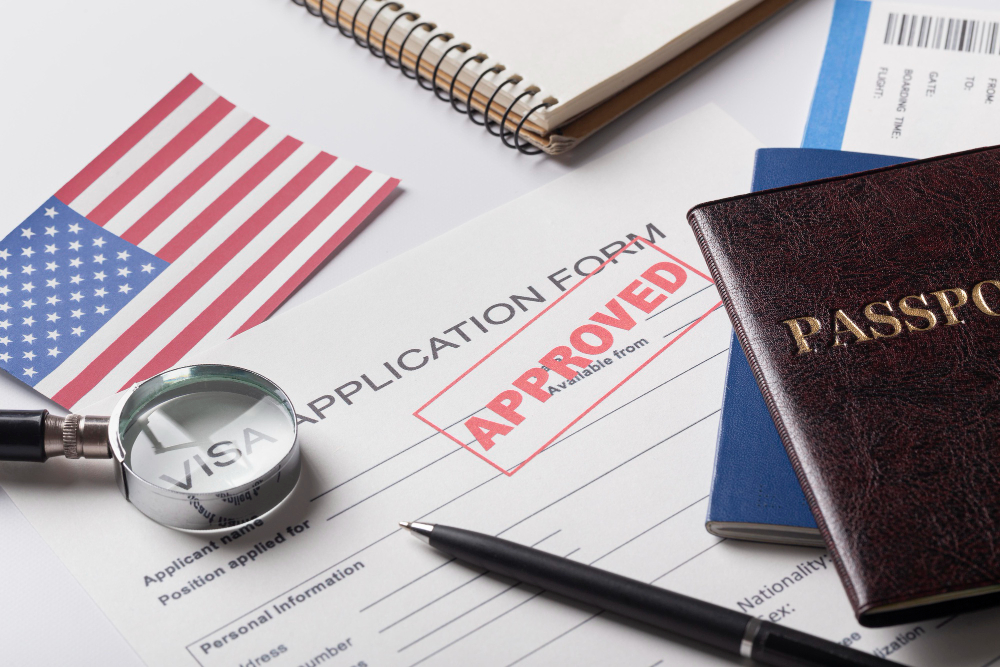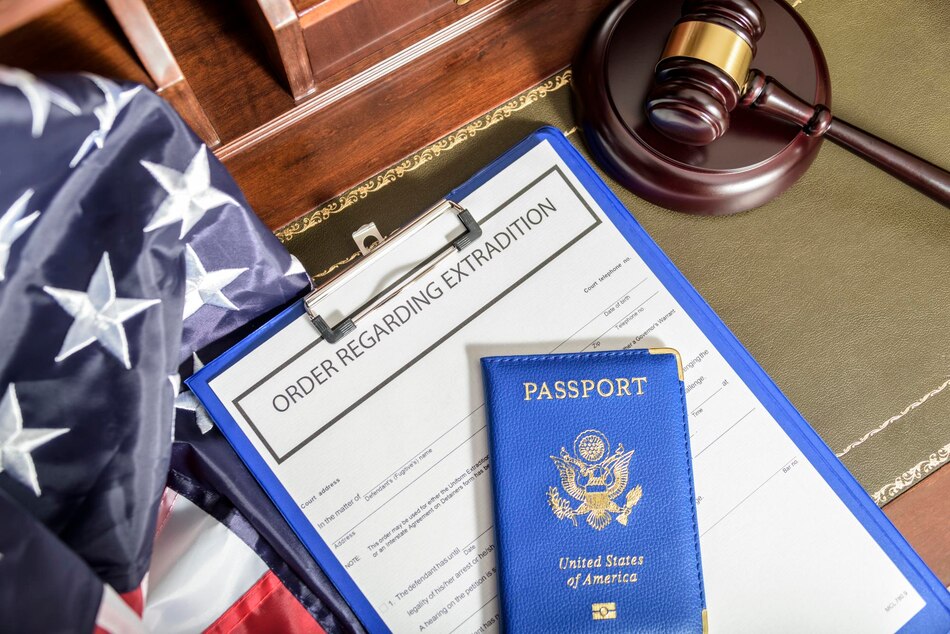Introduction (Letter of Recommendation for Immigration)
In the complex and often challenging process of immigration, a well-crafted letter of recommendation can make a significant difference. For friends supporting friends seeking a new life in a different country, the letter of recommendation becomes a powerful tool to showcase their character, achievements, and potential contribution to their prospective homeland. In this guide, we’ll delve into the key elements of writing an effective Letter of Recommendation for Immigration, exploring the nuances that can help your friend’s case stand out.
Understanding the Purpose
Before delving into the details of crafting a Letter of Recommendation for Immigration, it’s crucial to understand its purpose. Essentially, this document serves as a personal endorsement, providing immigration officials with insights into the applicant’s character, skills, and qualifications. As a friend, your letter can offer a unique perspective on your friend’s personality and abilities that might not be evident in official documents.
Components of a Strong Letter of Recommendation
- Introduction:
- Begin the letter with a formal salutation and a brief introduction. Clearly state your relationship with the applicant and the purpose of the letter.
- Personal Information:
- Provide some background information about yourself, including your name, occupation, and how you know the applicant. This establishes your credibility as a reliable reference.
- Details about the Applicant:
- Dive into specifics about the applicant’s qualities, skills, and achievements. Discuss their work ethic, interpersonal skills, and any notable accomplishments. Highlight instances that demonstrate their character and suitability for immigration.
- Personal Characteristics:
- Discuss the applicant’s personal characteristics that make them an ideal candidate for immigration. This could include qualities like resilience, adaptability, and a strong sense of responsibility.
- Professional Achievements:
- If applicable, detail the applicant’s professional achievements. Discuss their work history, contributions to their field, and any recognitions or awards they may have received.
- Education and Qualifications:
- Provide information about the applicant’s educational background and any relevant qualifications. Emphasize how their education contributes to their overall suitability for immigration.
- Cultural Fit:
- Discuss how well you believe the applicant will integrate into the new cultural environment. Highlight instances that showcase their openness, cultural awareness, and ability to adapt to different settings.
- Relationship with the Community:
- If the applicant has been involved in community activities or volunteer work, mention it. Immigration officials often value individuals who actively contribute to their communities.
- Closing Statement:
- Summarize your endorsement and express your confidence in the applicant’s ability to thrive in their new home. Include your contact information in case immigration officials need further clarification.
Tips for Writing an Effective Letter
- Be Specific:
- Avoid generalizations. Provide concrete examples and specific anecdotes that illustrate the applicant’s qualities.
- Use Positive Language:
- Use positive and assertive language to convey your endorsement. Highlight strengths and accomplishments rather than focusing on weaknesses.
- Be Honest:
- While emphasizing positive aspects, be truthful. Immigration officials can detect insincerity, so avoid exaggerations.
- Proofread:
- Ensure that your letter is free from grammatical errors and typos. A well-polished letter reflects professionalism and attention to detail.
- Follow Guidelines:
- If there are specific guidelines provided by the immigration authorities, make sure to adhere to them. This may include formatting requirements or specific information they expect to see.
Conclusion
Crafting a letter of recommendation for a friend’s immigration journey is a meaningful and impactful way to contribute to their application. By providing immigration officials with a personalized and detailed account of your friend’s character, achievements, and potential contributions, you play a vital role in presenting a comprehensive picture of the applicant. Through thoughtful and well-crafted endorsements, friends can support each other in navigating the complexities of immigration, fostering a sense of unity and shared purpose in the pursuit of new opportunities and a better future.
Frequently Asked Questions (FAQ) – Letter of Recommendation for Immigration
1. Why is a letter of recommendation important for immigration?
- A Letter of Recommendation for Immigration provides immigration officials with valuable insights into the applicant’s character, skills, and suitability for the new country. It adds a personal touch to the application, complementing official documents.
2. Who can write a letter of recommendation for immigration?
- Ideally, a person who knows the applicant well and can speak to their character, achievements, and qualifications should write the letter. This could be a friend, colleague, employer, or mentor.
3. What should be included in a letter of recommendation for immigration?
- A strong letter should include details about the applicant’s personal characteristics, professional achievements, educational background, and any relevant community involvement. Specific examples and anecdotes are particularly effective.
4. Should the letter be formal or more personal in tone?
- The tone should strike a balance between formality and personal connection. It should be respectful and professional while conveying a genuine understanding of the applicant’s strengths.
5. How long should a letter of recommendation for immigration be?
- While there’s no strict rule, a well-crafted letter is typically one to two pages long. It should be concise, focusing on key aspects that showcase the applicant’s suitability for immigration.
6. Can more than one person write a letter of recommendation for the same applicant?
- Yes, multiple Letter of Recommendation for Immigration from different individuals can provide a more comprehensive view of the applicant. However, the letters should complement each other and avoid redundancy.
7. Should the letter of recommendation be notarized?
- It depends on the specific requirements of the immigration authorities. Check the guidelines provided by the relevant immigration agency to determine whether notarization is necessary.
8. Can a family member write a letter of recommendation for immigration?
- While family members may provide valuable insights, it’s generally recommended to seek recommendations from non-family members. This helps present a more diverse perspective on the applicant.
9. How can I ensure my letter of recommendation stands out?
- Be specific, use positive language, and provide concrete examples of the applicant’s qualities and achievements. Tailor the letter to address the specific requirements or criteria outlined by the immigration authorities.
10. Is there a template or format to follow for a letter of recommendation for immigration?
- While there’s no strict template, the letter should follow a formal structure with an introduction, body, and conclusion. Include the necessary details about the applicant’s background, achievements, and your relationship with them.











